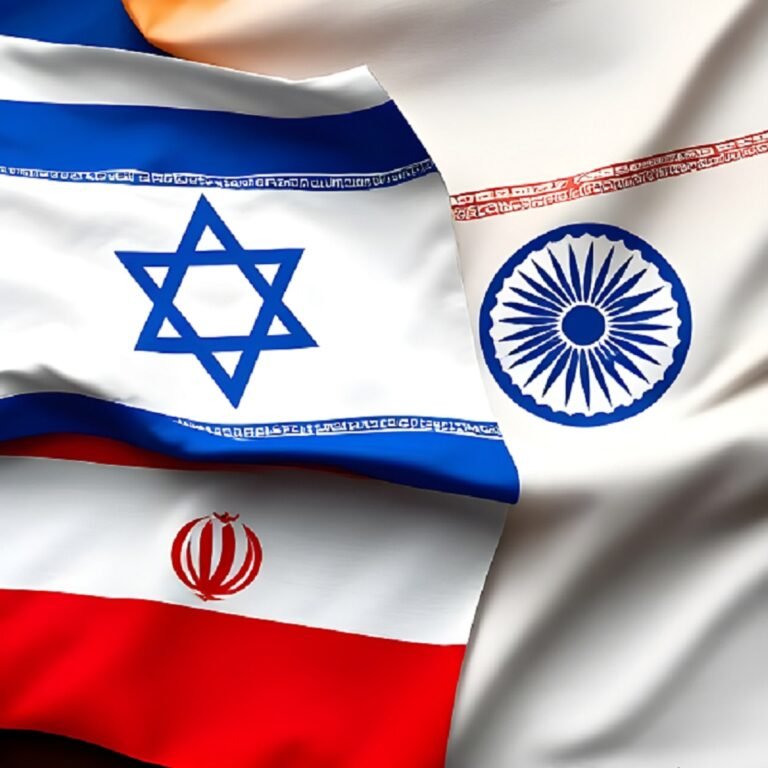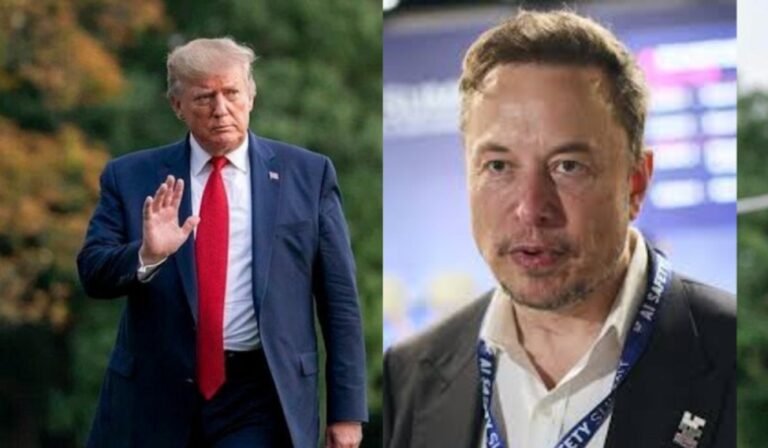What do we know about Hezbollah’s new leader, Naim Qassem? In a significant leadership change, Hezbollah has appointed Sheikh Naim Qassem as its new secretary-general following the assassination of Hassan Nasrallah by Israeli forces on September 27, 2024. The announcement was made via the group’s Telegram channel on October 30, 2024, amidst an escalating conflict in the region.
Naim Qassem, 62, has been a prominent figure within Hezbollah for decades, serving as deputy secretary-general since 1991. His deep-rooted history in Shia political activism began in the 1970s when he was involved with Imam Musa al-Sadr’s Movement of the Dispossessed, which eventually became part of the Amal Movement. Qassem played a key role in the founding of Hezbollah in 1982, establishing himself as one of its foundational clerics.
Born in Kfar Kila, a village in southern Lebanon heavily affected by Israeli attacks, Qassem has been influenced by the teachings of Grand Ayatollah Mohammad Hussein Fadlallah. He has also contributed to Hezbollah’s educational initiatives and has been active in its parliamentary efforts. A member of the Shura Council, Qassem is known for his public engagements and authored the book Hizbullah, the Story from Within, published in 2005.
Despite speculation that Hezbollah’s leadership might wait until after the ongoing war to elect a new secretary-general, Qassem’s selection is viewed as a strategic move to maintain continuity within the organization during a tumultuous period. His appointment follows the targeted killings of key figures within Hezbollah’s military and political structure, including Hashem Safieddine, who was a candidate for the leadership role.
Nicholas Blanford, a senior fellow at the Atlantic Council, emphasized Qassem’s significance as one of the last standing leaders eligible for the position, suggesting that his leadership indicates a commitment to Hezbollah’s established trajectory rather than a shift in direction.
In his first address after assuming leadership, Qassem reaffirmed Hezbollah’s resilience and commitment to its objectives, addressing supporters in the wake of Nasrallah’s assassination. Wearing a white turban—distinct from Nasrallah’s black turban, which indicated descent from the Prophet Muhammad—Qassem represents a new chapter for Hezbollah as it navigates the complexities of ongoing regional conflicts and internal challenges.
As the situation in Lebanon remains volatile, Qassem’s leadership will be pivotal in shaping Hezbollah’s response to both domestic pressures and external threats, particularly from Israel. The organization’s ability to adapt and maintain its influence in the face of adversity will be closely scrutinized in the coming months.








